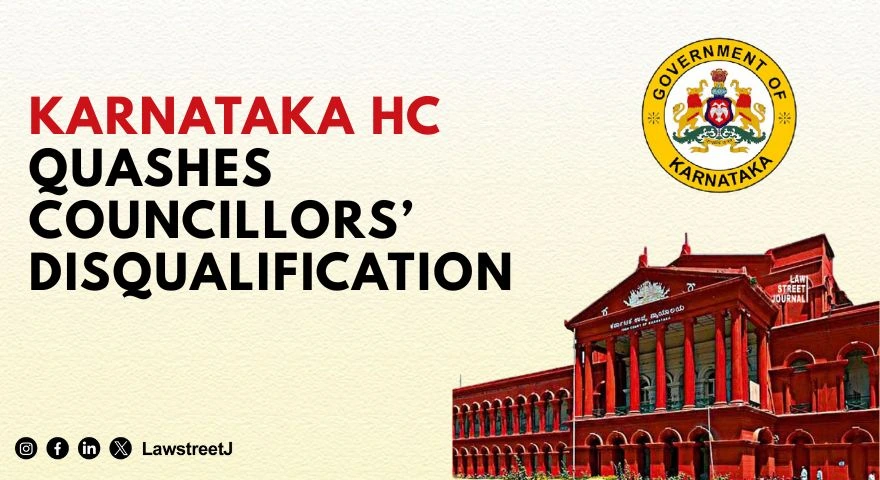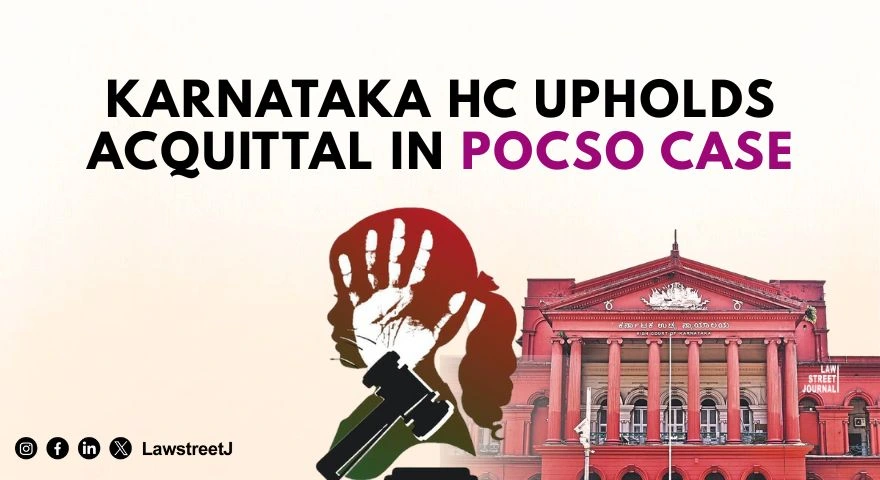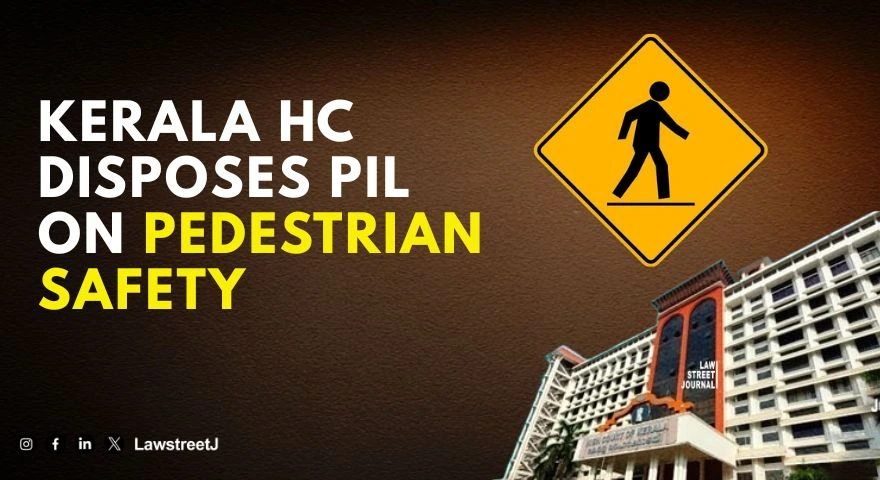The most difficult thing in any negotiation, almost, is making sure that you strip it of the emotion and deal with the facts.
-Howard Baker
The recent ordinances promulgated by the government with the claim to reform the farming sector of India seem to have received a mixed emotion of dissent and assent resulting in a protest which is sure to go down in the history of our democracy. The article is not aimed for or against the dissenting or consenting section but is an attempt on the part of the writers to provide a resolution perspective to the impasse that has been created resulting not just in the wide spread protest but also loss of life and livelihood to millions.
In order to understand what is being debated and objected, it is important to know what the law passed by the government is proposed to do as well as the same needs to be examined with the objections and reasoning thereof raised by the protesting farmers.
The government has by virtue of change in the farm laws passed 3 acts which are as follows:
- Farmers (Empowerment and Protection) Agreement on Price Assurance and Farm Services Act, 2020:
This act provides for a framework on the farming agreements and confers the right to enter a contract, which enables the farmers to directly enter into an agreement with a buyer for selling the farming produces. - The Farmers Produce Trade and Commerce (Promotion and Facilitation) Act, 2020:
This act is also known as the APMC Bypass Bill overriding all the state-level AMPC acts. It stipulates that the farmers have the freedom to choose where they want to sell their produce, enabling them to now trade outside the physical boundaries of the APMC markets. In addition to that, it provides for alternate trading channels. Farmers will no longer be charged any cess/levy for selling their products outside the APMC now. A framework for electronic trading will also be facilitated. - The Essential Commodities Act, 2020:
Amendments were made in the existing Essential Commodities Act, 1955. Commodities like cereals, pulses, oilseeds, onion, and potatoes have been removed from the imposition of the stock limit except under extraordinary circumstances i.e., war, famine, or a natural calamity.
The Promising aspects
The government advocates that the above acts shall bring several benefits resultantly uplifting the farmers as well as the farming sector in India. Some of the key benefit that these acts allege to bring are as follows:
- These laws give the farmers the liberty to choose where they want to sell their produce, i.e., even outside the APMC (Agricultural Produce Market Committee) markets. It is important to note that these laws only limit the regulation of the existing APMC to their physical boundaries but does not repeal them, making them more efficient in providing cost-effective pricing. It is important to remember that that APMC Act, 2013 was just a model act introduced as a temporary solution to overcome the hiccups that the agriculture sector was facing. The enforcement of new acts, replacing the model act, was inevitable.
- These laws also allow the farmers to sell their produce outside the APMC markets without any cess/fees. This will increase the competition in the market, resulting in better prices for the farmers.
- One of the most heated points of contention is the removal of the stock limit. While the apprehension of the farmers is understandable, the amendment resolves to fix a major issue faced by the agricultural industry, that is of storage. The amendment relaxes the restrictions on the stock limits and enables the farmers to stock their produce. This would help in retaining a lot of produce that would usually go to waste.
- Under section 8 of the Farmers (Empowerment and Protection) Agreement on Price Assurance and Farm Services Act, 2020, no farming agreement shall be entered into for any transfer, sale, lease, mortgage of the land or premises of the farmers. For instance, in states like Punjab, the traders are not only the financers but also the facilitators of the farmers. This ecosystem creates a circle of soft credit which is usually settled against the high yield crops extended by the traders for farm related as well as non-farm related expenses. Such credit is only extended due to the fertility of the land, binding farmers to one trader for decades. These acts break this circle of credit liberalising the farmers.
- The Agri-tech start-ups will also be benefiting from these acts. These benefits include freedom to operate without restrictions, no licensing required at APMCs, no district-level mandi charges/cess, procurement centres will be closer to farms, quicker scalability and expansion, help connecting to farmgate, huge investments in cold storage and Agri-warehousing. It will also enable digitization of farmers.
The above benefits appear lucrative and reformative and is sure to have a common man think why the same are being objected to by the farmers. To understand the version of the opposite side, we must now ring out the framework which as per the farmers act as their social security and is sought to be removed by virtue of these acts.
The Concerns
The objection to the farm laws has seen a protest which although has erupted initially from Punjab but has seen farmers of Haryana and other states also join in. the primary demand of the farmers is a complete withdrawal of these acts and a guarantee of a minimum support price for their produce by the government. It is contended that the acts are aimed at equipping the corporates with control over the farmers land and produce. Further, recusing the government from their liability to support the farmers by providing MSP which has long been a demand raised by the farmers union. The key objections to the law are as follows:
- Farmers seek security in the form of Minimum Support Price (MSP) and have put forth a demand for making it a legal right. Earlier, based on the recommendations of the Commission for Agricultural Crops and Prices (CACP) the Centre fixed the prices for the crops every season. These recommendations were not backed by a statute but were merely a part of the decision-making process. However, the CACP in its report did suggest that the MSP should be incorporated legally.
- There is an apprehension amongst the farmers that the new laws are aiming to systematically dismantle the APMC's. The private companies will use this opportunity to exploit the farmers. For example, by providing them with low prices for their produces. The fear is that ultimately the farmers will have to give in to the monopoly of the private companies, as it is clearly an uneven playing field.
- Section 3 provided in the Farmers (Empowerment and Protection) Agreement on Price Assurance and Farm Services Act, 2020 gives liberty to the farmers to choose whether they want to enter into a contract farming agreement. The downside being that there is no obligation on the parties to adopt the quality, grade, and standards compatible with the provisions. Furthermore, it is not a mandate to specify the price to be paid for the farming produce. However, if such price is mentioned in the agreement, it is an essential prerequisite to state the method of such price determination.
- Section 6(2) of the Farmers (Empowerment and Protection) Agreement on Price Assurance and Farm Services Act, 2020 creates a liability on the companies to inspect the samples before accepting them and to make timely payment for the same. But what it fails to mention is the timeframe in which such
inspection should be done. In absence of such a time - frame, the companies might abuse this clause to purposely delay the inspection which can result into the crops getting damaged. - These laws also do not provide for any limit for storage of stocks. Such limit will only come into existence if the prices increase a 100% in case of horticulture products and 50% in case of non-perishable agricultural food stuffs as stated in section 3(1)(b). The farmers have a sceptical outlook towards the idea of privatisation and fear that this might become a dangerous territory to navigate if the market ends up being monopolised by the private entities.
- These acts provide for an elaborate dispute resolution system which is under the ambit of the administration. However, the acts have given the administration the same power as that of a civil court, which goes against one of the principles of the constitution i.e., separation of powers under Article 50. These acts should clearly draw a distinction between the powers of a civil court and the administration. The Bar Council of Delhi has also expressed their concern for the same.
The Way Out
Contentions should be based on facts, not rumours. Misinformation and miscommunication have triggered a monumental chaos. While the govt and the farmers are right on their part, what is needed is to find common ground. We must recognize the imperfections of the laws, but to say that they are entirely blasphemous would be incorrect.
It is incontestable that these laws are not faultless; they cut both ways. What we, as the people of this nation, must not forget is that resorting to violence, or having a hostile attitude is not going to get us anywhere. What will work as a catalyst though, is clear communication and a common intention to work towards the welfare of the nation.
In our opinion, these laws should be retracted, for the purpose of directing them back to the Joint Parliamentary Committee for reviewing and recommending appropriate amendments. In the existing form, these laws may cause catastrophic consequences for the agrarian sector. Here are the amendments we suggest should be incorporated -
The first issue that needs to be resolved is that of the Minimum Support Price. It was originally notified on a total of 23 crops but has effectively been ensured on only 2-3 crops. Every year, these 2-3 crops are grown in surplus. Eventually, this surplus goes to waste. In addition to that, the prevailing MSP has not proved to be completely cost-effective in most states, since it only covered the basic costs of farmers like cost of labour, cost of sowing, etc excluding the cost of land rent.
A new framework for formulating a Minimum Support Price should be put together. The implementation of this price assurance, in the prevailing system would only be detrimental for both the government and the farmers presently, the benefits of it are not being extended to most farmers and the government faces a profusion of the crops on which MSP is assured. Our recommendation is that MSP should be ensured on more crops, so that the farmers have an incentive to grow other crops and the country does not face an excessive abundance of certain crops.
For adjudication purposes, a tribunal should be set up for the fast and speedy disposal of cases. Along with this, a committee that consists of specialised members (such as lawyers, professors, experts, etc) should be formed. This committee will act as the representatives of the farmers to deal with their matters by providing them free legal aid from the manipulation of the private entities.
The stock limit imposed should be set at a realistic standard, for the private companies specifically. The problem with this is that this step will pave the way for privatisation of the agricultural sector. Certainly, there will be various benefits of privatisation but what needs to be taken notice of is that the goal of the private sector is maximising its profit and not working for the welfare of the community. The farmers have a sceptical outlook towards the idea of privatisation and fear that this might become a dangerous territory to navigate if the market ends up being monopolised by the private entities.
Lastly, A prerequisite for attaining the objective of these laws, or in fact any law in question, would be legal awareness. A community should be aware of their rights and only then will they be able to evade the manipulation of the corporates. For instance, in the above- mentioned laws, the burden of fulfilling the contractual requirement lies solely with the companies and not with the farmers. To address the deficiency of legal awareness amongst farmers, specialised committees should be set up, catering to this need.
About the Author:
(Researched by Ms Aarushi Chopra, Ms Pragya Mishra & Adv. Siddharth Bhatli)
Adv. Siddharth Bhatli is a practicing lawyer in Delhi High Court. Views expressed above are personal to the Author.He can be reached at his email: siddharth@lexlislaw.in








